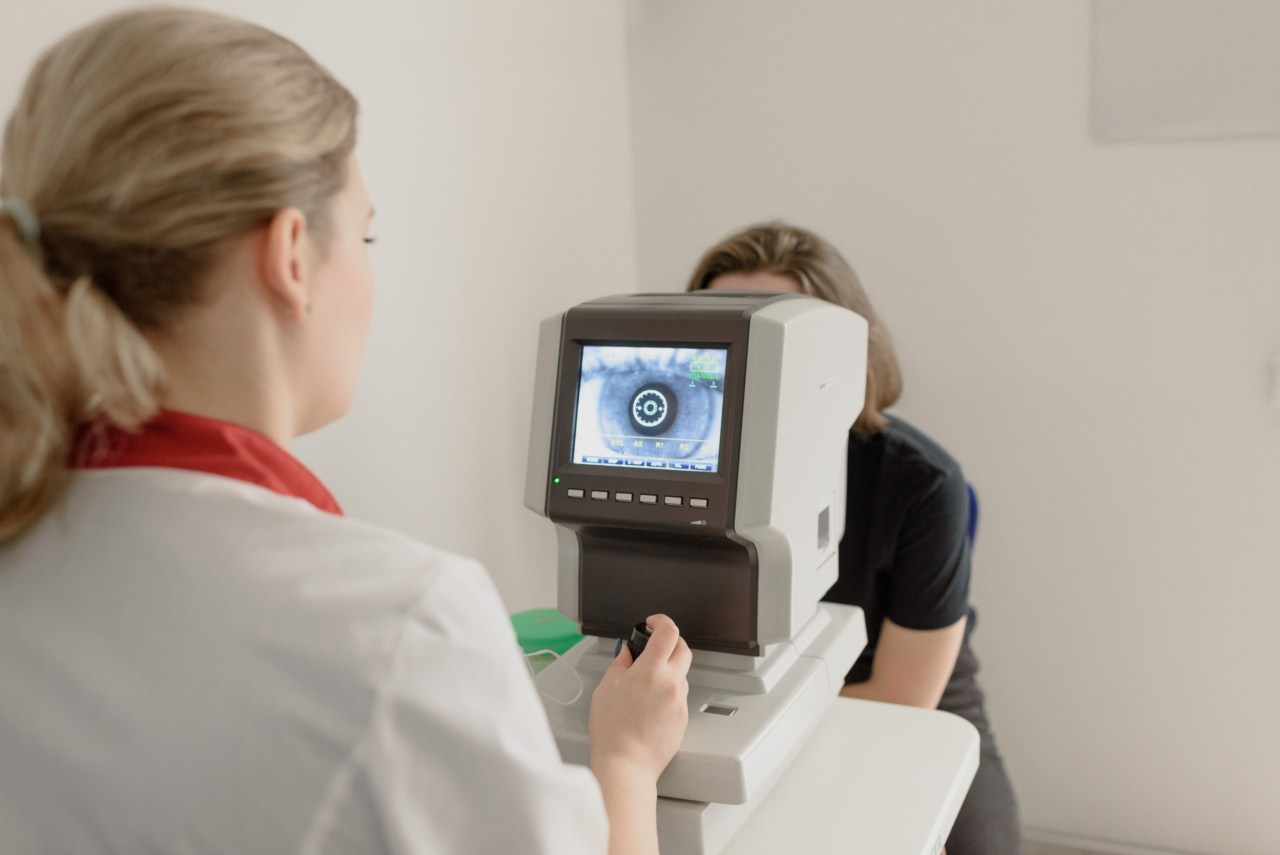Macular degeneration is a condition that occurs when the center of the retina (the macula) deteriorates. It is a leading cause of vision loss in people over the age of 60.
Injections into the eye are one of the most common treatments for macular degeneration. Here’s what patients need to know about this treatment option.
What Are Eye Injections for Macular Degeneration?
Eye injections for macular degeneration involve the direct injection of medication into the eye. The most commonly used medications are anti-vascular endothelial growth factor (VEGF) drugs.
These drugs work by blocking the growth of abnormal blood vessels in the eye that can cause damage to the macula.
Why Are Eye Injections Used for Macular Degeneration?
Eye injections have become a popular treatment option for macular degeneration because they have been shown to be highly effective. They can slow or even stop the progression of the disease in many patients.
Injections are also a less invasive option than other treatments for macular degeneration, such as laser therapy.
What Happens During the Injection Procedure?
The injection procedure is typically performed in an ophthalmologist’s office or a hospital outpatient facility. The patient is given numbing eye drops to minimize any pain or discomfort during the injection.
The medication is then injected into the eye using a very fine needle.
How Often Are Eye Injections Needed?
Eye injections for macular degeneration may be needed as often as every four weeks, depending on the patient’s individual case. Injections are typically given on a regular schedule until the patient’s condition stabilizes.
After that, injections may be given less frequently.
What Are the Benefits of Eye Injections for Macular Degeneration?
Eye injections have several benefits over other treatments for macular degeneration. One of the primary benefits is their effectiveness. Injections can slow or even stop the progression of the disease in many patients.
They are also less invasive than other treatments, which can involve laser therapy or surgery. Injections also have a lower risk of complications compared to other treatments. Finally, because injections can be performed on an outpatient basis, they are more convenient for patients than other treatments.
What Are the Risks of Eye Injections for Macular Degeneration?
As with any medical treatment, there are some risks associated with eye injections for macular degeneration. The most common side effect of injections is eye inflammation.
Other potential risks include eye infections, increased intraocular pressure, and retinal detachment. These risks are rare, however, and most patients tolerate injections well.
What Can Patients Expect After an Eye Injection?
After an eye injection, patients may experience some discomfort or irritation in the eye. This is normal and usually goes away after a few days.
Patients should avoid rubbing their eyes or touching them for several hours after the injection to reduce the risk of infection.
How Can Patients Prepare for an Eye Injection?
Prior to the injection procedure, patients should talk to their ophthalmologist about any medications they are taking. Some medications can increase the risk of bleeding during the injection.
Patients should also arrange for transportation home from the procedure, as their vision may be blurred for a few hours afterward. Finally, patients should wear comfortable, loose-fitting clothing that allows them to move freely during the procedure.
Conclusion
Eye injections for macular degeneration are a highly effective treatment option that can slow or even stop the progression of the disease. While there are some risks associated with the treatment, most patients tolerate injections well.
Patients who are considering eye injections should discuss the risks and benefits with their ophthalmologist to determine whether this treatment option is right for them.




























